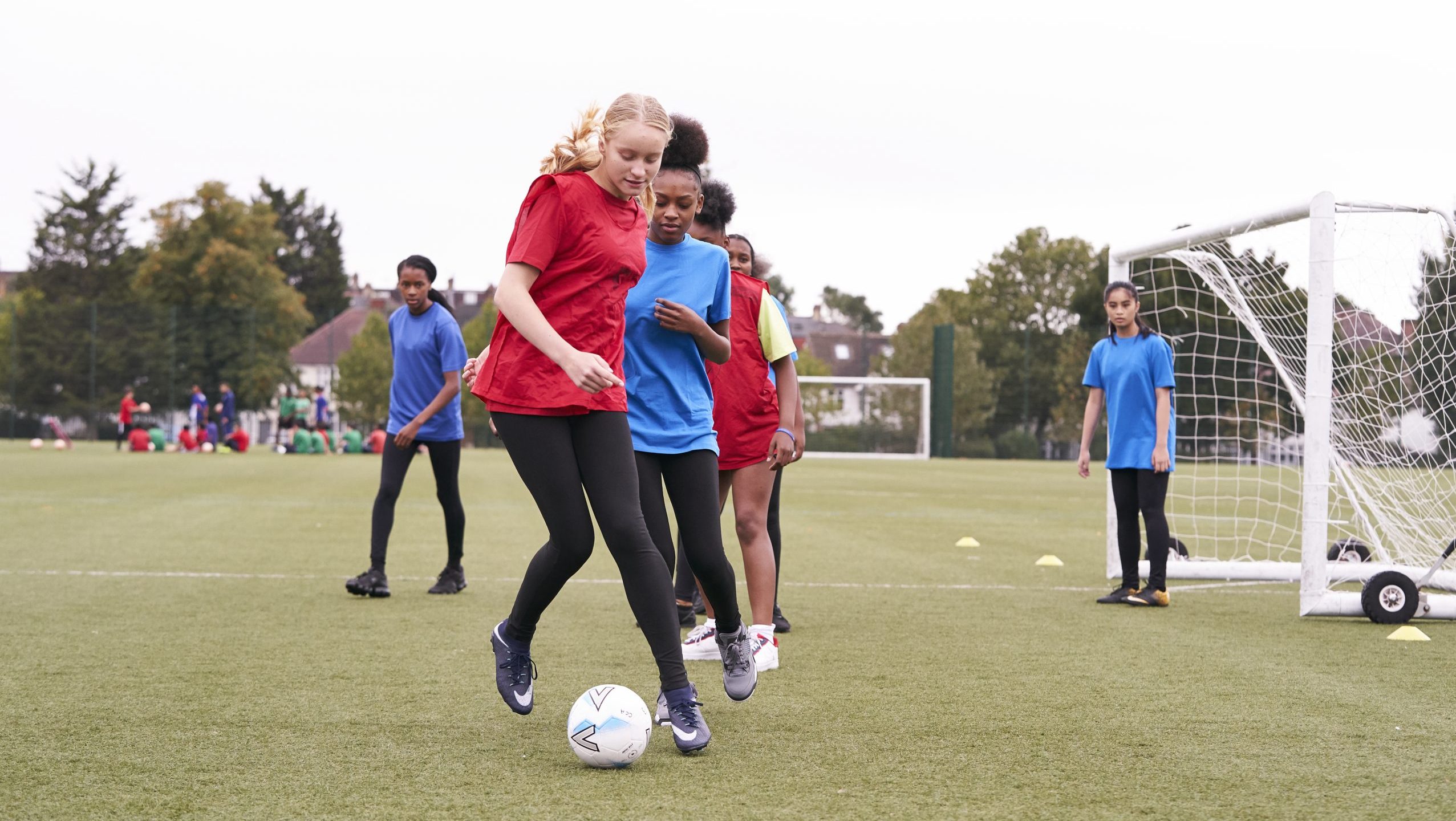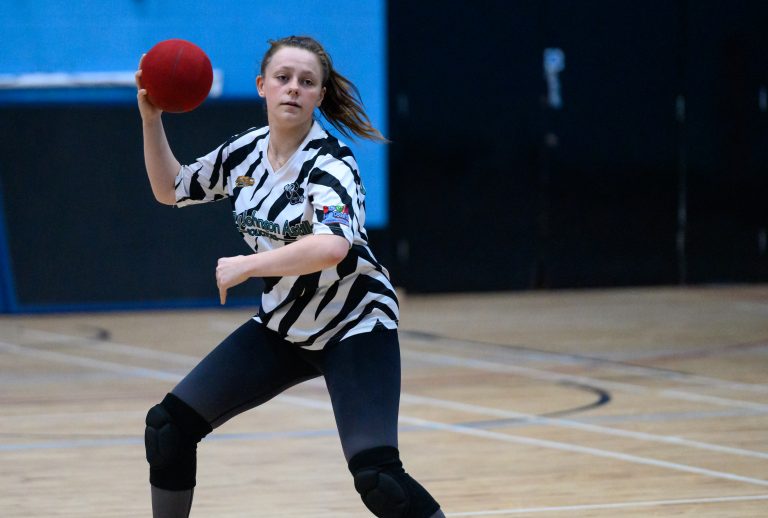Key findings
Puberty is a confusing time of significant physical, emotional and social change for girls, which they feel unprepared to deal with due to a lack of education.
During this transition to adulthood, girls can form negative attitudes towards sport due to parents being less engaged, increased studying and pressure to perform well at school, a desire for new, more mature experiences and wanting to be accepted and acceptable to peers.
What impact does puberty have on sport?
- Sport is an ‘invisible stage’ where girls feel everyone is noticing them.
- Sporting activities previously enjoyed, may now seem childish and not in keeping with their emerging adult identity.
- New responsibilities and interests fill their time and they become more independent of parents.
- The perception of ‘having to be good’ at sport in order to participate increases, whilst playing sport for fun appears less acceptable.
- There is an upsurge of competition and animosity between girls.
- The sports environment is a breeding-ground for gossip.
- Looking good becomes increasingly important. Becoming ‘overly sporty’ can lead to negative stereotyping.
- Coming to terms with their changing body and periods creates anxiety.
- Puberty is a significant turning point for girls – attitudes to sport formed during this time are important and long-lasting.



